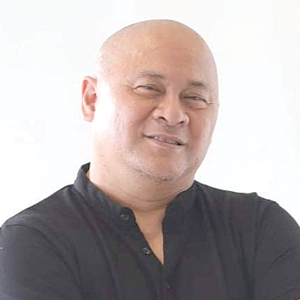Read this in The Manila Times digital edition.
THE result of the recently held elections in Thailand is nothing short of an affirmation of the power of resistance, breathing some hope in the prospects of democratization and the rise of new blood in Southeast Asian politics. But lest people get the impression that what happened in Thailand is a revolution, one has to contend with the fact that the two frontrunners who together gave Prime Minister Prayuth Chan-ocha and his military-backed government a fundamental slap still represent the elite classes of Thai society. Both are seen wearing designer clothes even as they campaign for change.
Pita Limjaroenrat, the leader of the Move Forward party which won the highest number of seats, and is most well-positioned to form a government, is a Harvard-educated businessman. Paetongtarn Shinawatra, the leader of the opposition Pheu Thai party which placed second, is the scion of the wealthy political clan of the Shinawatras, the daughter of former prime minister Thaksin Shinawatra who was ousted in a coup. Her aunt, Yingluck Shinawatra, became prime minister following the 2011 elections, but typical of Thai political history, was also deposed by the military led by Prayuth. The Shinawatras, wealthy as they are, lorded it over Thai politics using their own brand of populism, cultivating and maintaining the loyalty of their mass base, referred to as the "red shirts."
Continue reading with one of these options:
Ad-free access
P 80 per month
(billed annually at P 960)
- Unlimited ad-free access to website articles
- Limited offer: Subscribe today and get digital edition access for free (accessible with up to 3 devices)


